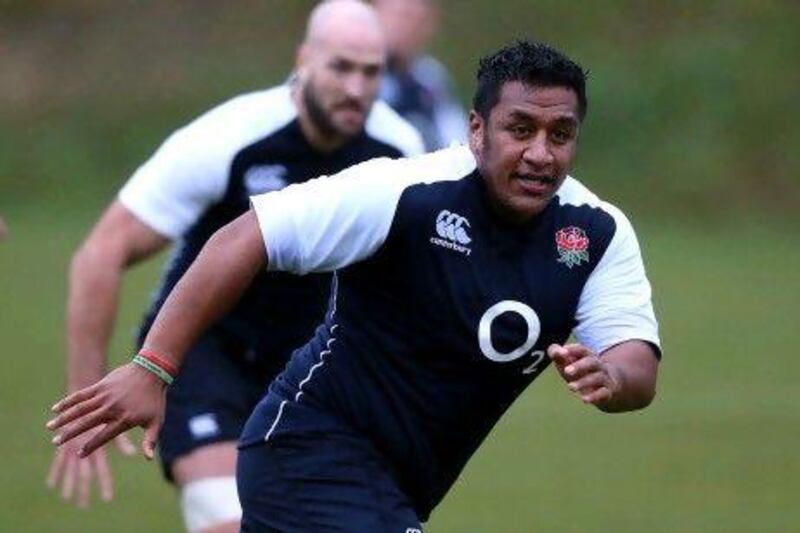English football's attempt to lock down three dual-qualified players who could otherwise play for Finland, Jamaica and Ivory Coast is hard-nosed, pragmatic and understandable. Some ethical flaws present themselves, however.
Carl Jenkinson, for example, would be guaranteed a long international career if he opted for Finland, his mother's country. With Kyle Walker, Glen Johnson and Micah Richards as competition, he will do well to play a handful of games for England. Best for England to get him through the door now, though, just in case.
It is a wonder football is starting to grapple with this debate only now. Rugby has been riven by it for years. The sport's three-year residency qualification is at turns a necessity and a disgrace.
For countries on the fringe of the mainstream, it is an essential requirement. The UAE, for example, would not have an international team were it not for rugby players who are three-year residents on employment visas.
Yet, because of the ruling, sides like England and New Zealand are awash with dual-qualified players whose choice has been forced by finances.
Mako Vunipola, a Tongan prop who debuted for England at the weekend, may enjoy a lengthy international career with the country he has chosen to represent.
Equally, England may discover several front-row forwards, leaving him in the cold forever while Tonga wonder what might have been. Players who do suffer that fate should be granted an amnesty to change their allegiance.
Follow us
[ @SprtNationalUAE ]






